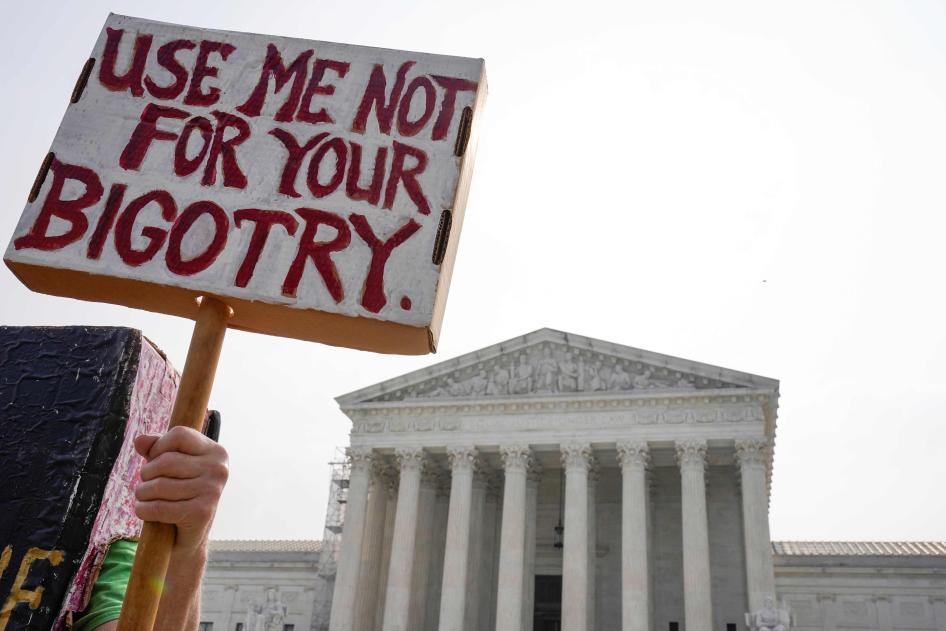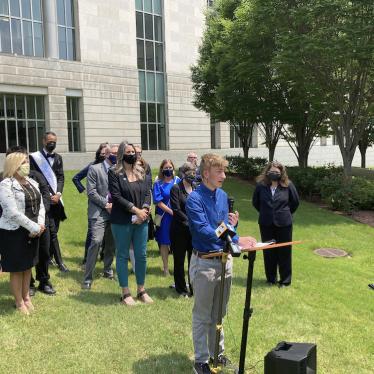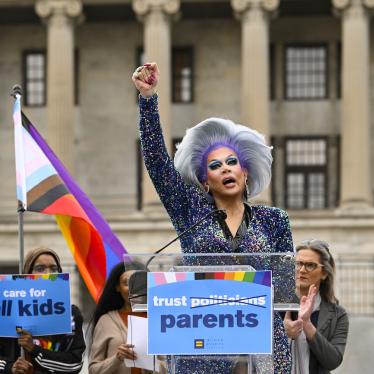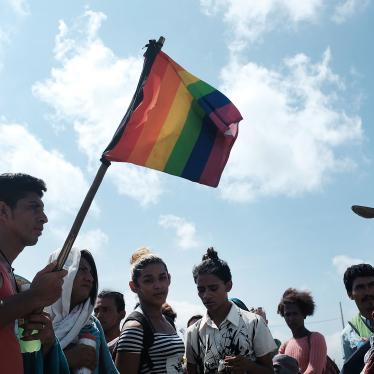On the last day of its term, the United States Supreme Court ruled today that nondiscrimination laws could not be enforced against businesses that offer expressive products and services. The ruling significantly weakens laws that protect LGBT people and others against discrimination.
The case, 303 Creative v. Elenis, involved a web designer who wanted to make wedding websites but worried she would have to create them for same-sex couples because of a law that prohibited discrimination based on sexual orientation. The Court ruled that, because the conduct involved her expression, it was protected speech and the nondiscrimination law could not be applied to her.
The decision is troubling in its scope. The Court offered little guidance on what constitutes an expressive good, leaving this open to interpretation by lower courts. Many businesses open to the public offer products that involve a degree of artistry or creativity – florists, hairstylists, nail salons, print shops, photographers, and caterers, to name a few – and the Court’s decision opens the door for those businesses to claim they too should not have to comply with nondiscrimination laws.
Nor does today’s ruling only affect laws that prohibit discrimination based on sexual orientation. The same laws typically prohibit discrimination based on race, sex, nationality, disability, age, gender identity, and other protected classes, and the Court did not indicate that those provisions would be treated any differently. In doing so, it uprooted a decades-old consensus that businesses open to the public could be required to comply with nondiscrimination laws.
The decision is particularly troubling because nondiscrimination protections in the United States are already incomplete. US lawmakers have failed to pass the Equality Act, a federal bill which would prohibit discrimination based on sexual orientation and gender identity in a range of contexts, and fewer than half of US states have enacted laws prohibiting discrimination based on sexual orientation and gender identity in public accommodations.
Lawmakers in the US should redouble their efforts to eradicate invidious discrimination and defend existing nondiscrimination laws in court to ensure they remain as robust and comprehensive as possible.









